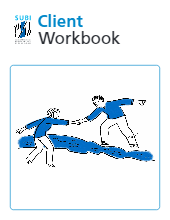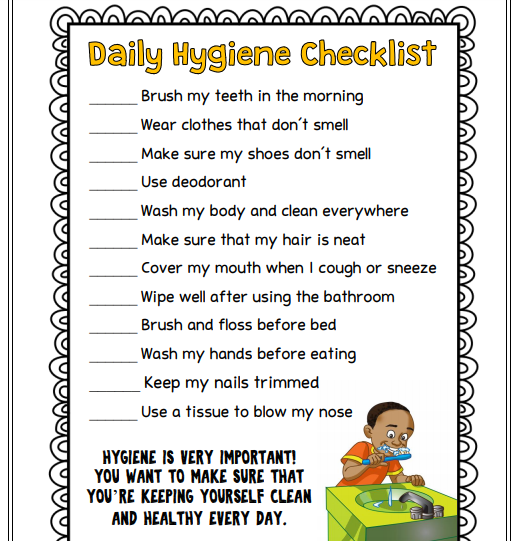The Edinburgh Postnatal Depression Scale (EPDS) is a free and widely recognised self-report questionnaire designed to screen for postnatal and antenatal depression. It consists of 10 statements that assess depressive symptoms specific to the perinatal period. Each response is scored from 0 to 3, with higher scores indicating more severe symptoms. A score above a certain cut-off suggests the need for further clinical assessment.
The Edinburgh Postnatal Depression Scale is used globally as a reliable and valid tool to identify emotional problems in mothers, fathers, and other caregivers during the perinatal period. Early detection and intervention using the EPDS can significantly improve outcomes for parents, children, and families.
Practical Use for Social Workers and Professionals:
- Screening for Perinatal Depression: Administer the EPDS during pregnancy or postpartum to identify individuals who may require further mental health evaluation.
- Promoting Early Intervention: Use EPDS results to facilitate timely referrals and access to support services for families in need.
- Tailoring Services for Diversity: Provide the EPDS in a language and format that suits the individual’s linguistic and cultural background.
This tool is essential for professionals working in maternal and child health, mental health, and family support services. It aids in fostering better mental health outcomes during a critical period for parents and families.
FREE PDF DOWNLOADS OF EDINBURGH POSTNATAL DEPRESSION SCALE (EPDS)
English version:
Translated versions:
The resource includes the questionnaire in the following languages:
- Afaan Oromo – Ethiopia – page 198
- Amharic – page 202
- Arabic – page 23
- Chinese – page 31
- Czech – page 206
- Dutch – page 45
- Farsi/Persian – page 210
- Filipino/Tagalog – page 214
- French – page 53
- German – page 66
- Greek – page 218
- Hebrew – page 222
- Hindi – page 226
- Igbo – page 72
- Indonesian – page 230
- Italian – page 78
- Japanese – page 84
- Khmer/Cambodian – page 234
- Korean – page 238
- Macedonian – page 246
- Malay – page 98
- Maltese – page 104
- Myanmar/Burmese – page 242
- Norwegian – page 110
- Portuguese – page 120
- Punjabi – page 128
- Serbian – page 250
- Slovenian – page 254
- Somali – page 258
- South African – English – page 135
- Spanish – page 141
- Swedish – page 7
- Thai – page 262
- Turkish – page 161
- Urdu – page 266
- Vietnamese – page 167
RELATED RESOURCE










